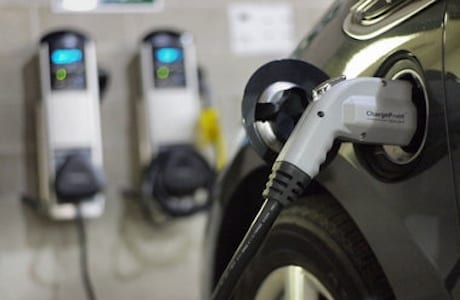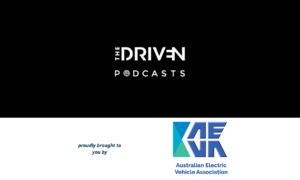Interested in EVs? Make sure you bookmark www.theicct.org
Globally, the ICCT is one of, if not the main website for information on vehicle fuel standards, policy developments and work in the area. Its stats are not always the most up-to-date, but its understanding of policy is. Keep it on your bookmark list.
Low-cost, city-based EV policies can be very effective
Your analyst agrees that federal and state governments in general have a shameful record on vehicle fuel emissions and promotion of CO2 emission reductions in vehicles.
Oil is responsible for 34 per cent of global CO2 emissions but gets off very lightly relative to coal, which accounts for 40 per cent of global emissions.
Australia has far less to lose by focusing on oil rather than coal. Australia is a net oil importer and a massive coal exporter.
That said, it’s often forgotten that oil is heavily taxed in Australia and the federal excise tax is at $0.396 litre unleaded fuel. Total federal fuel excise revenue is $17 billion, comparable with a $30/t carbon tax on 550 mt of CO2.
This fuel excise would never have been implemented if it had been framed as a carbon reduction measure.
But when it was introduced, CO2 reduction wasn’t a public issue and as a fuel efficiency measure Australians have, in general, quite happily accepted it and most never think of it.
That’s possibly because there is no real oil lobby in Australia, no Mineral Council equivalent. The federal government likes, even needs the money.
The fuel excise tax, though, is not enough to induce a switch to EVs on its own.
Instead, we argue that city-based policies would be far more effective. And the mayors of Sydney, Clover Moore; Melbourne, Sally Capp; and Brisbane, Graham Quirk could do far more to make EV’s popular at lower cost than just about anyone.
But they do nothing. We particularly pick on Clover Moore, who loves to tout her green credentials but on this issue is invisible.
Yet Sydney cries out for better transport solutions. It goes further than EVs, down to electric bikes, speed limited when they need not be, electric scooters etc. Local city policy could do a lot, but in fact that doesn’t happen.
The message from overseas
A March 2017 white paper from the ICCT EV capitals of the world made the following points.
- In 2015 1/3 of global EV sales went to just 14 EV capital cities.
- High EV take up was associated with charging infrastructure, promotion and unique policies. Policies included:
- Waiving tunnel tolls in Norway (Sydney could give toll exemptions, this would be massively attractive to Sydneysiders for whom tolls are crippling for some motorists)
- Congestion zone tax relief in London
- Carpool lanes, eg transit lanes exemption in Los Angeles (again, transit lane exemption would be attractive in Sydney)
- Vehicle licensing policies (exemption from lotteries in Beijing and Shanghai)
Key cities – a very quick snap shot
Shanghai: Even in 2015 had 11 per cent of new vehicle sales electric and managed 146 public charge points per million people, and 21,700 charge points in total. This was 2015 and things move fast in China.
Copenhagen: Has free rego, free parking and tax refunds on electricity used to charge EVs.
Paris: Free parking, plus direct federal cash grant of up to 6,300 euros.
Amsterdam: Federal incentives include rego and road tax exemption and 20 per cent off the purchase price for electric trucks and buses up to 40,000 euros. City incentives include residential parking permit priority, free floating parking permits for car sharing companies with fully electric fleets.
Oslo: Low road taxes, exempt from road and ferry tolls, bus lane access, free parking, free electricity for normal charging.
Stockholm: Federal cash incentives. Free parking
London: Federal grant up to 4,500 sterling, additional 3000 sterling for electric taxi. Local exemption from congestion tax, free or reduced parking in some areas, central ultra low emission zone to start from 2019. All single deck buses to be ZEV by 2020, etc.
Los Angeles: Federal tax credit of $7,500, state rebate $2,500, Local city parking benefit, preferential access to high occupancy vehicle lanes.
David Leitch is principal of ITK. He was formerly a Utility Analyst for leading investment banks over the past 30 years. The views expressed are his own. Please note our new section, Energy Markets, which will include analysis from Leitch on the energy markets and broader energy issues. And also note our live generation widget, and the APVI solar contribution.









